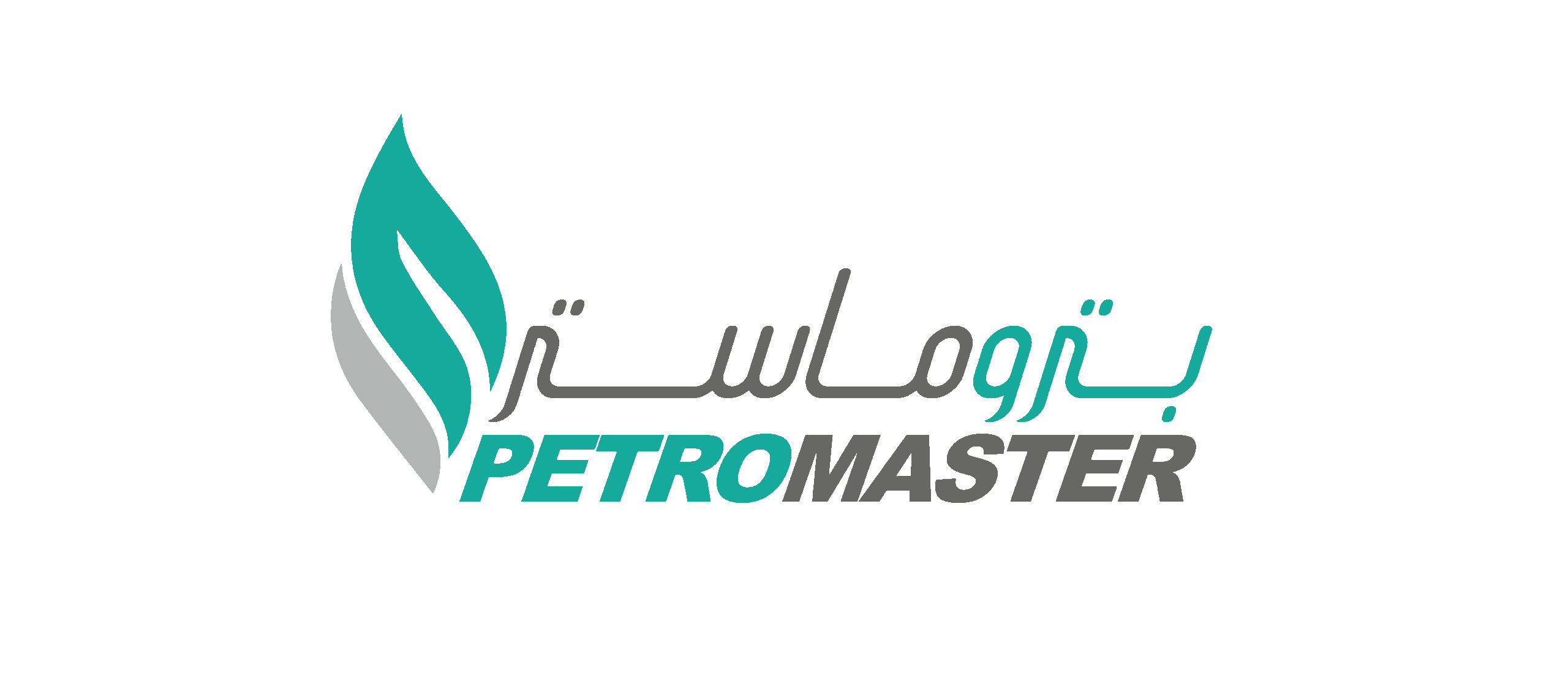
Steam reformer tubes are made from centrifugally-cast materials and must withstand high temperature and pressure during operation. Due to these conditions, specific damage mechanisms and material defects can reasonably be expected. Common damage mechanisms that may be experienced by reformer tubes are Creep, External Oxidation, and Internal Corrosion. Typically, furnaces are designed to operate for a minimum estimated life, but in actual service, tubes can significantly vary from this estimate.
Petromaster represents a patented inspection system, which uses multiple NDT techniques to provide a comprehensive assessment of current tube condition. When deployed with its sophisticated remaining life assessment software, it can predict the remaining life of each tube in a furnace and calculate the effect of changes in future operating conditions on tube aging.
One of the most important tasks for a reliable operation of reformer furnaces is the integrity of the reformer tubes. The early detection of expansion and microcracks can lead to improved reformer operation, a better-balanced furnace and better planning of tube replacement, eliminating unnecessary, unplanned outages.
Steam Reformer Furnaces are at the core of many plants used in the production of Ammonia, Methanol, Syngas, Acetic Acid, and refined hydrocarbons. This critical equipment operates under extreme temperatures and pressures, requiring the use of high alloy materials. These materials are subject to long-term degradation due to stresses caused by fatigue, thermal, creep, and residual issues. Reformer Tubes, Pigtails, and Collection Headers utilize materials which reside in the creep regime. These components operate at the upper limits of the materials structural properties with which they are manufactured. Plant upsets or extreme operating conditions can adversely effect the continued serviceability of the components.
Petromaster can support a complete program of inspection services which will allow plant operators to manage the long-term asset life of plant equipment.
Comprehensive Services Include:
 Reformer Tube Inspection and Condition Assessment
Reformer Tube Inspection and Condition Assessment- Remaining Life Assessment
- Header Inspection and Assessments
- Pigtail Inspection and Life Evaluation
- Bi-Metallic Weld Evaluation and Life Prediction
Technique Descriptions
- Ultrasonic Attenuation or Energy Absorption:
This technique measures the amount of energy absorption within the material wall, which may be caused by creep voids, micro fissures or cracking. - Eddy Current:
Petromaster employs two multi-frequency eddy current probe arrays, one on the fireside of the tube and one on the reverse side. Each probe is sequenced to alternately focus at a different area of the wall thickness. By employing this sequencing, we can determine the location of damage indicating relevant stage of creep damage. The resulting scans are then compared to the calibration scans for changes in energy patterns. - Ultrasonic Wall Thickness:
This is accomplished by measuring wall thickness utilizing a contact dual transducer. A decrease in wall thickness may indicate the presence of creep damage. - Dimensional:
This is achieved with lasers, which are linked to a software program, which calculates deviation from a given dimension. The program allows the information to be displayed in chart or graph format. Combined with wall thickness and the outside profile information, an accurate internal diameter measurement can be achieved. Physical deformation of the tube may represent creep damage. - Classification of Damage & Remaining Life Prediction:
Remnant Life Prediction utilizing Condition Assessment Software, can provide a comprehensive life prediction of each tube. The charts below outline the principles of the tools. By directly relating data to the above assessment principles, a tube inspection/replacement strategy is possible. The imaging capability of the ultrasonic and eddy current technique allows the operator to read and analyze data easily and quickly.
Once the data is gathered the tubes are graded as:
Grade 1 Sound Material
Grade 2 Slight Micro fissuring and Voids (slight damage)
Grade 3 Moderate Micro fissuring and Voids (moderate damage)
Grade 4 More than 50% Through Wall Cracks (severe damage)
Grade 5 More than 75% Through Wall Cracks (critical damage)


Contact us for further information at info@petromaster-sa.com



